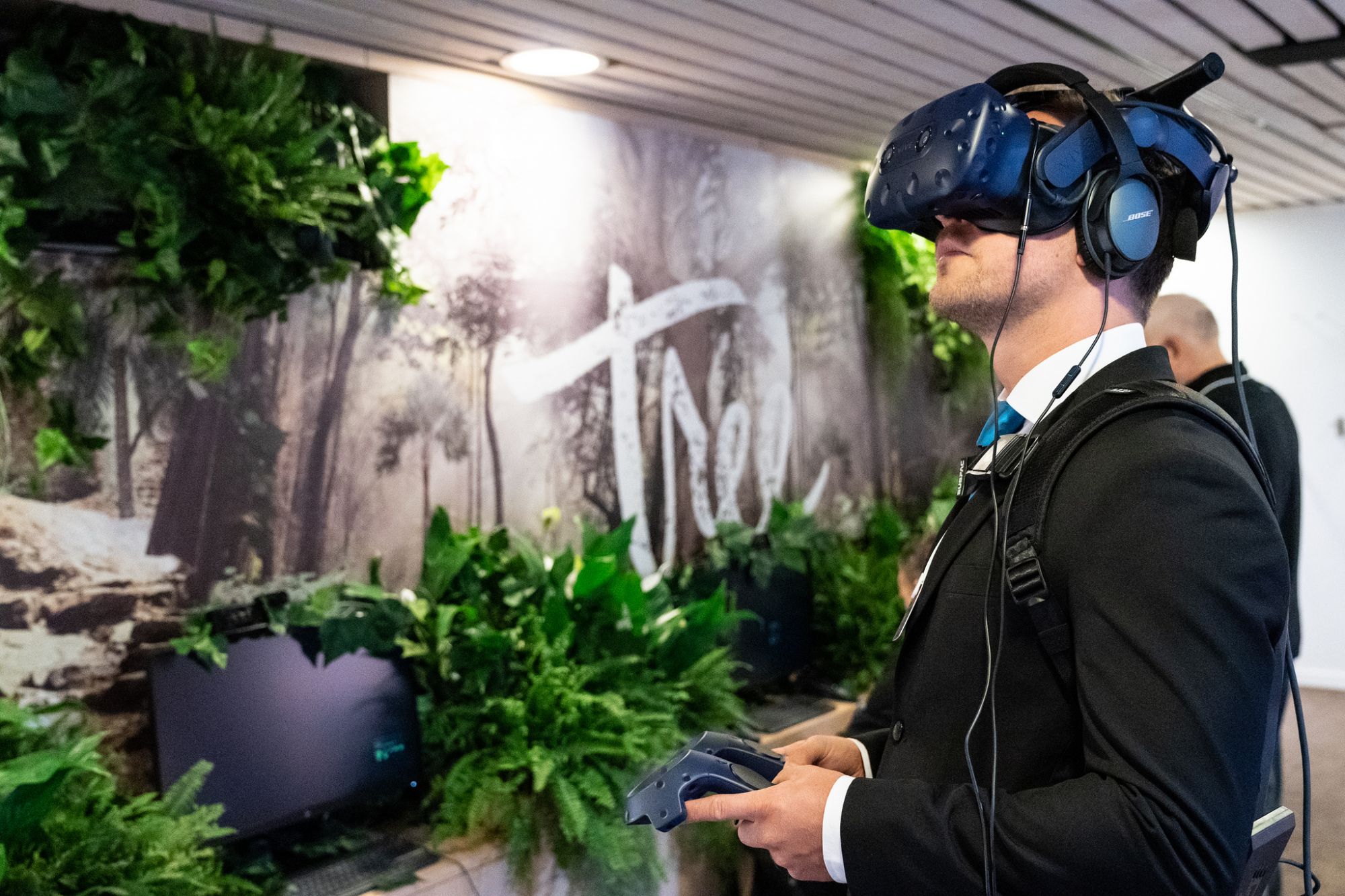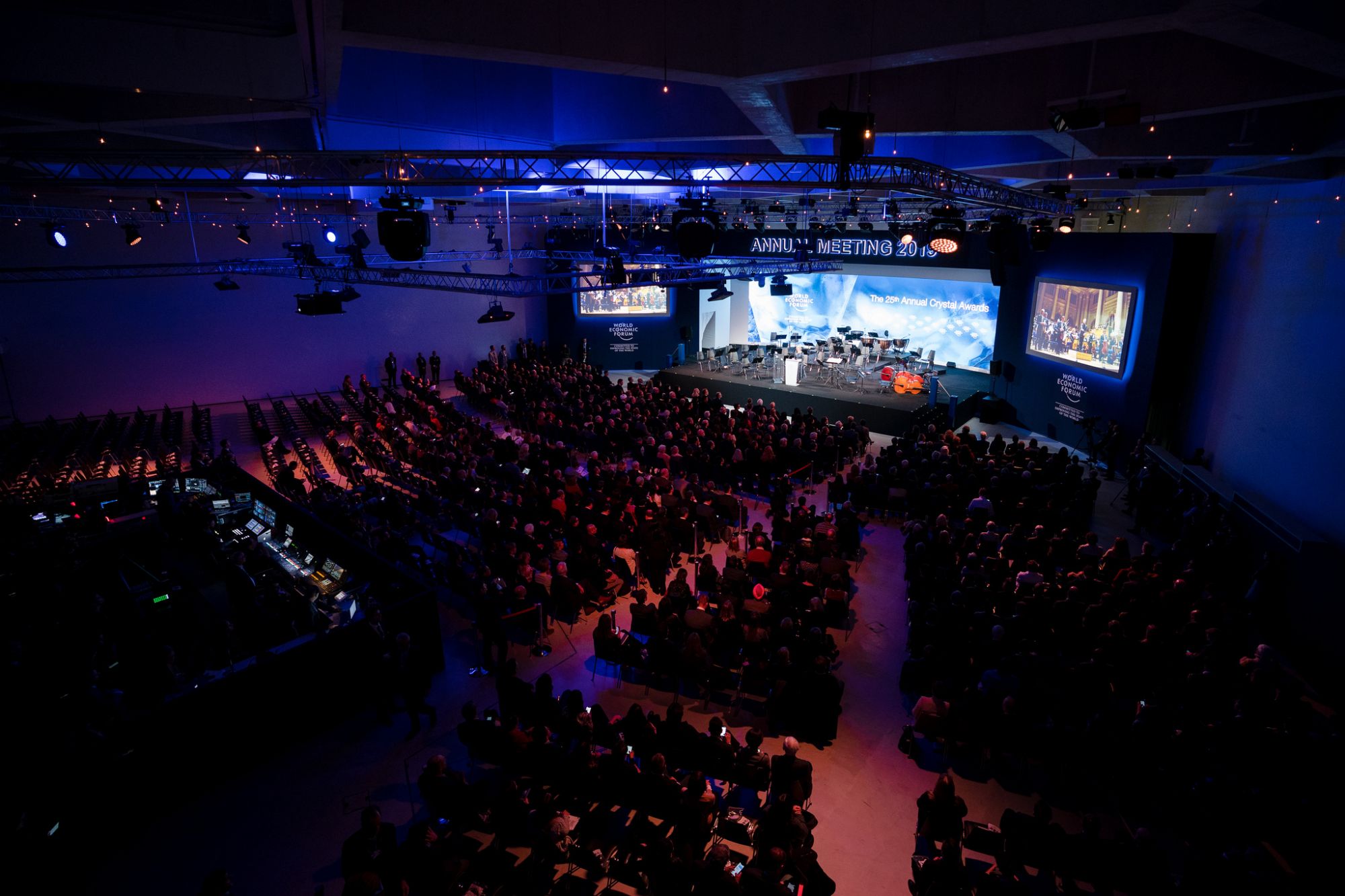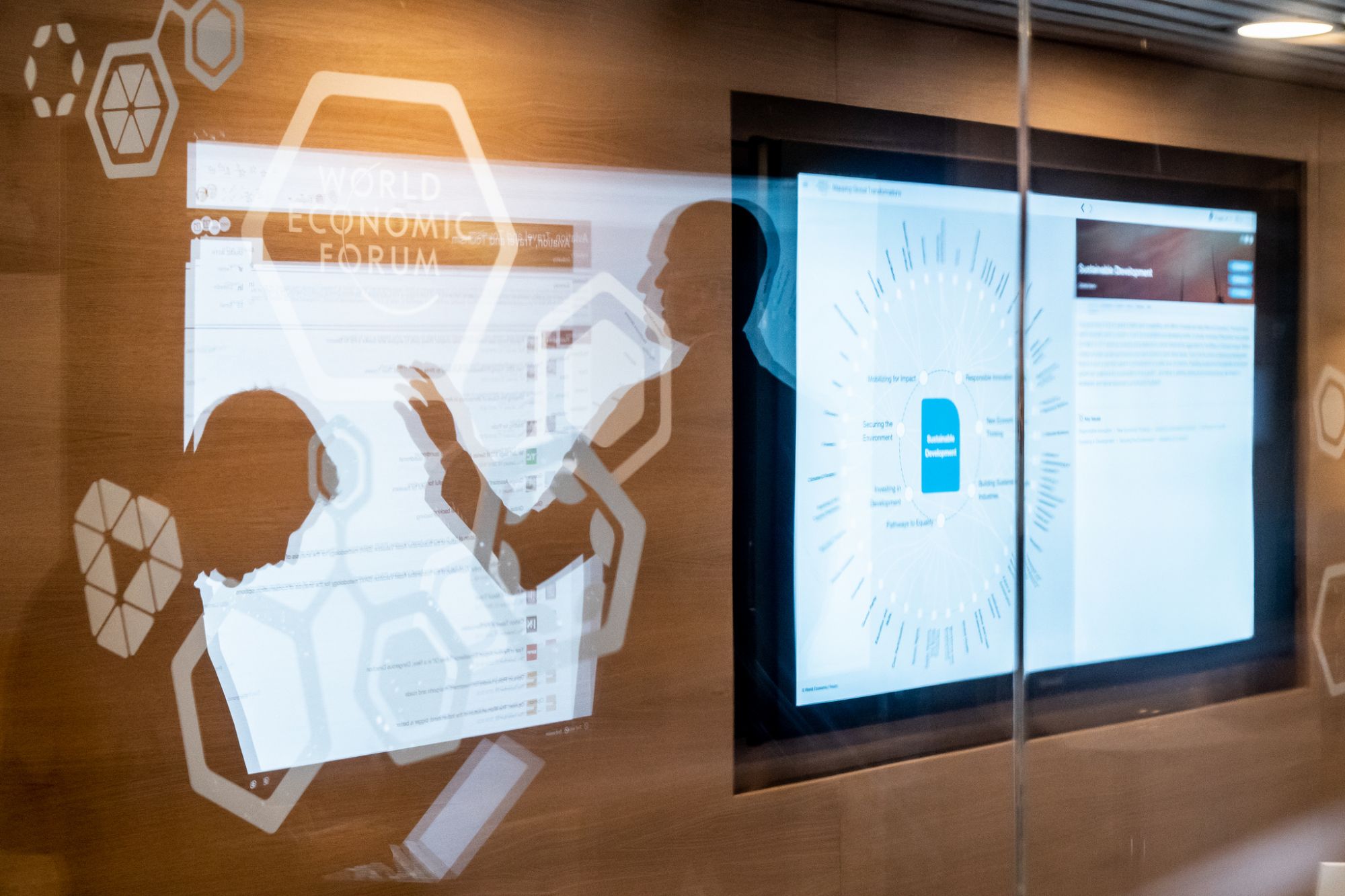After rubbing shoulders with the likes of Jack Ma, Bill Gates and will.i.am, the founder of OWN Academy shares her post-WEF dream to change the world
Empowerment has been a byword for Natalie Chan ever since she founded OWN Academy, a learning institute that pushes students to take ownership of their own futures. As part of the World Economic Forum's Global Shapers community, a network of changemakers selected from applicants around the world, she was recently selected to attend Davos 2019, one of only 49 individuals chosen from a pool of over 7,000 names.
Here she shares her personal experiences of the forum, and how these learnings will empower her to take her vision from concept to execution.

Personalisation Is The Enemy Of Progress
While we crave personalisation, having everything in your life tailored to your specific needs and desires can be a double-edged sword. "With artificial intelligence, it’s all about customisation—and with Gen Z, it’s very much, I want my custom-made this or that," Chan says. "On the flip side, that also [creates] an echo chamber of who you think you want to be, rather than actually expanding your horizons."
By being spoon-fed only the things we think we want, we get Google ads that remind us of items we wanted to buy, social media posts that never deviate from our interests and suggested content that tends to be variations on a theme. "That’s actually very dangerous. It doesn’t help you recognise more of what’s out there. As all this AI is becoming more and more prevalent, it’s interesting that a lot of people are saying that you need to be way more human now, more human-centric, to combat this." That means looking up from your phone, having conversations and stepping out of your comfort zone.




